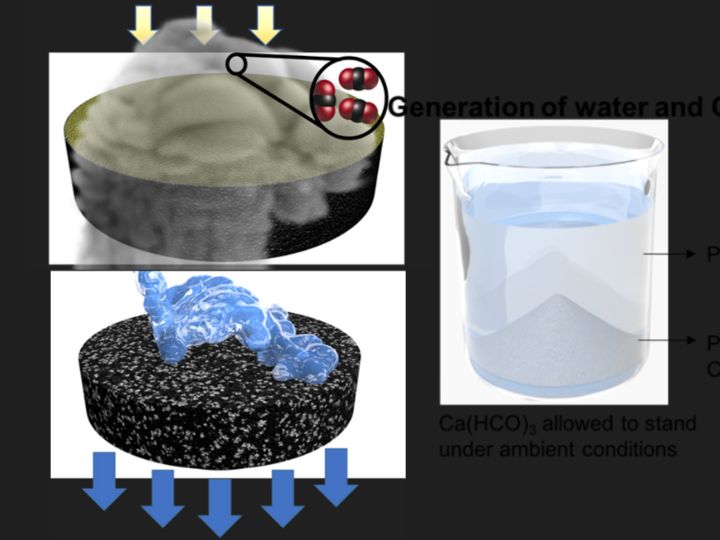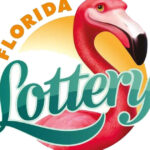The University of Houston System ranks among the top 100 universities across the nation for the number of utility patents issued in 2023 on a list published today by the National Academy of Inventors.
Utility patents are among the most valuable assets in the world because they give inventors exclusive commercial rights to produce and utilize the latest technologies. In 2023 the university system received 27 utility patents and tied with the University of Rochester for 63rd on the list.
“This ranking highlights the commitment of our faculty researchers, who explore frontiers of knowledge to enhance the well-being of our society,” said Ramanan Krishnamoorti, vice president of energy and innovation at the University of Houston. “At UH, we are committed to creating new technologies that drive innovation, to boost Houston’s economy and tackle some of the most perplexing problems facing us.”
Among the UH discoveries that were issued utility patents last year are methods of targeting cancer stem cells; materials, systems and methods for carbon capture and conversion; and a medical device that positions and tracks legs during muscular activity.
The academy has published rankings since 2013, and the list is created using calendar year data provided by the United States Patent and Trademark Office. Top 100 placement includes all named assignees listed on the patent.
“As we look at the current and future state of innovation in our nation, we need to ensure that the U.S. is remaining competitive in the international innovation ecosystem,” said Paul R. Sanberg, president of the NAI. “Protecting intellectual property is a key component to this, and the Top 100 U.S. Universities list allows us to recognize and celebrate universities and their faculty, staff, and students who are not only innovating at high levels but taking the additional step of protecting their IP through patenting.”
The National Academy of Inventors is a member organization comprising U.S. and international universities, and governmental and non-profit research institutes, with over 4,000 individual inventor members and Fellows spanning more than 250 institutions worldwide.











